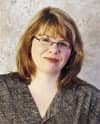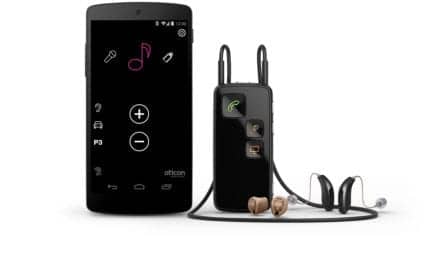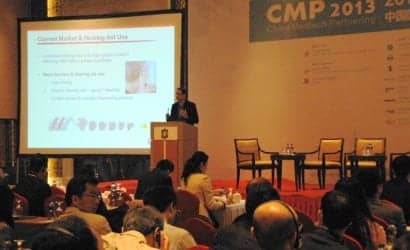
—Jerome S. Bruner (20th century), US psychologist and educator, 1961.
Educating the Masses
According to a recent article in Newsday, there are more than 28 million Americans who suffer some form of hearing loss. Of this number, fewer than 6 million are seeking professional help. In addition, it is little surprise that a large percentage of these individuals are part of the “eternally young” Baby Boomer generation. An estimated 26% among those in the 40- to 64-year-old age bracket admittedly attach a certain stigma to confronting the possible use of hearing instruments. However, it is not just misplaced embarrassment about experiencing hearing loss from enjoying all those Aerosmith and X concerts back in the day, or even the need to wear hearing aids—it is the “old” image of our parents and grandparents, permanently emblazoned in our memories, forever adjusting their cumbersome hearing aids.
Fortunately, the hearing industry is heavily populated with specialists who are Boomers, and these individuals are anxious to educate the public on hearing health care and the new generation of hearing devices, as well as make the transition into assistive hearing devices as easy and painless as possible. In this month’s issue of Hearing Products Report (HPR), a group of hearing specialists discuss their synergistic work in promoting assistive listening devices as a first step toward the more permanent arrangement of hearing aids (Q & A, page 30), representing a growing trend in the industry.
Also, this month’s Centers of Excellence (page 22) section features an article on the American Tinnitus Association (ATA), an organization dedicated to prevention, management, and the eventual cure of this debilitating condition that causes its sufferers to seek medical treatment for the constant buzzing, humming, or ringing in their ears.
Someday, through the efforts of tireless hearing professionals, as well as such groups as the ATA, hearing health care and awareness will become as much a part of the public’s standard regime as exercise.

Rogena Schuyler Silverman
[email protected]




